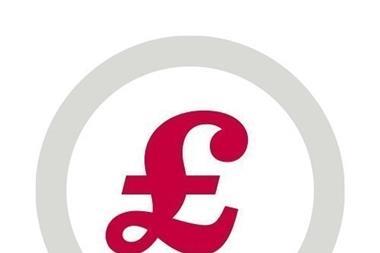
It’s possible that a young Donald Trump may have dreamt of one day becoming ‘Emperor of the World’, and so far, has nearly made himself ‘King of America’; but it’s fair to say that no child in their right mind today dreams of growing up to be a future Chancellor of the Exchequer here in the UK.
The next Budget isn’t due until November 26, but a day doesn’t go by without ‘experts’ popping-up across all available media, already warning us that it’s going to be ‘painful’, that Chancellor Rachel Reeves is facing a double, or triple, whammy of economic and/or political calamity if she gets it wrong. The flavour of the warnings obviously varies with the political slant of the individual ‘expert’, but none of them have any doubts that she will get it wrong in one way or another, or every way, come Budget Day.
Ignoring the politics, as much as possible, the Chancellor is indeed looking at a very bleak scenario, and for various reasons has little room for manoeuvre. Partly, she has boxed herself into a tight corner by insisting that she will stick to previously announced fiscal rules, as well as going on-record to say that the government’s manifesto commitments not to raise VAT, National Insurance, and basic, higher and additional rates of income tax still stand. As far as those fiscal rules are concerned, she has little choice; remember that it’s only three years ago that the financial markets shredded Liz Truss’s mini-Budget and effectively ended her as PM before she’d even got her furniture into Number Ten. As for the manifesto pledges: this is a government which in its first 15 months in office has basically lost most of the support that it had out there.
Most of the ‘experts’ agree that the Budget needs to fill a very large hole in the UK’s balance sheet. Demand for government spending is ever-increasing, across the board: the NHS (as always), social care, policing, and now the defence industry and Ministry of Defence, just some of the spending departments demanding urgent extra substantial funding in view of both domestic and international developments. Meanwhile, the mega-rich individuals and trans-national corporations have continued to arrange their tax affairs so that the government’s revenue base is continually being eroded. Stuck between a rock and a hard place, the Chancellor has to try and find the money from somewhere – and do it as quietly as possible.
Until very recently there was still some speculation that VAT rates might indeed be changed, despite the aforementioned pledges; although that now appears to have been rejected. Instead, we’re hearing that there may be changes in the scope of VAT – i.e. that some currently-exempt goods and services may come into the VAT-able regime; or possibly that there might be some changes to the 5% VAT rate. From a retailer’s point of view, I’d hope not: changes to VAT rates require changes to accounting systems which can be messy and time-consuming to implement in the real world.
So far, in all of the speculation, I’ve only seen one reference to fuel duty, but as a consumer, it was rather chilling. As the proportion of EVs has increased, the Treasury has been collecting less fuel duty than it used to: one figure quoted as an example was that the collection in August this year was some £50m less than the corresponding month in 2024, and apparently £500m lower than in August 2023. In addition, fuel duty is basically unchanged since 2011. What’s the betting that some clever person in the Treasury has suggested to the Chancellor that she could raise quite a lot of money by just one, simple change?
- Jan Mikula represents nationwide franchise accounting company EKW Group – ekwgroup.co.uk


























